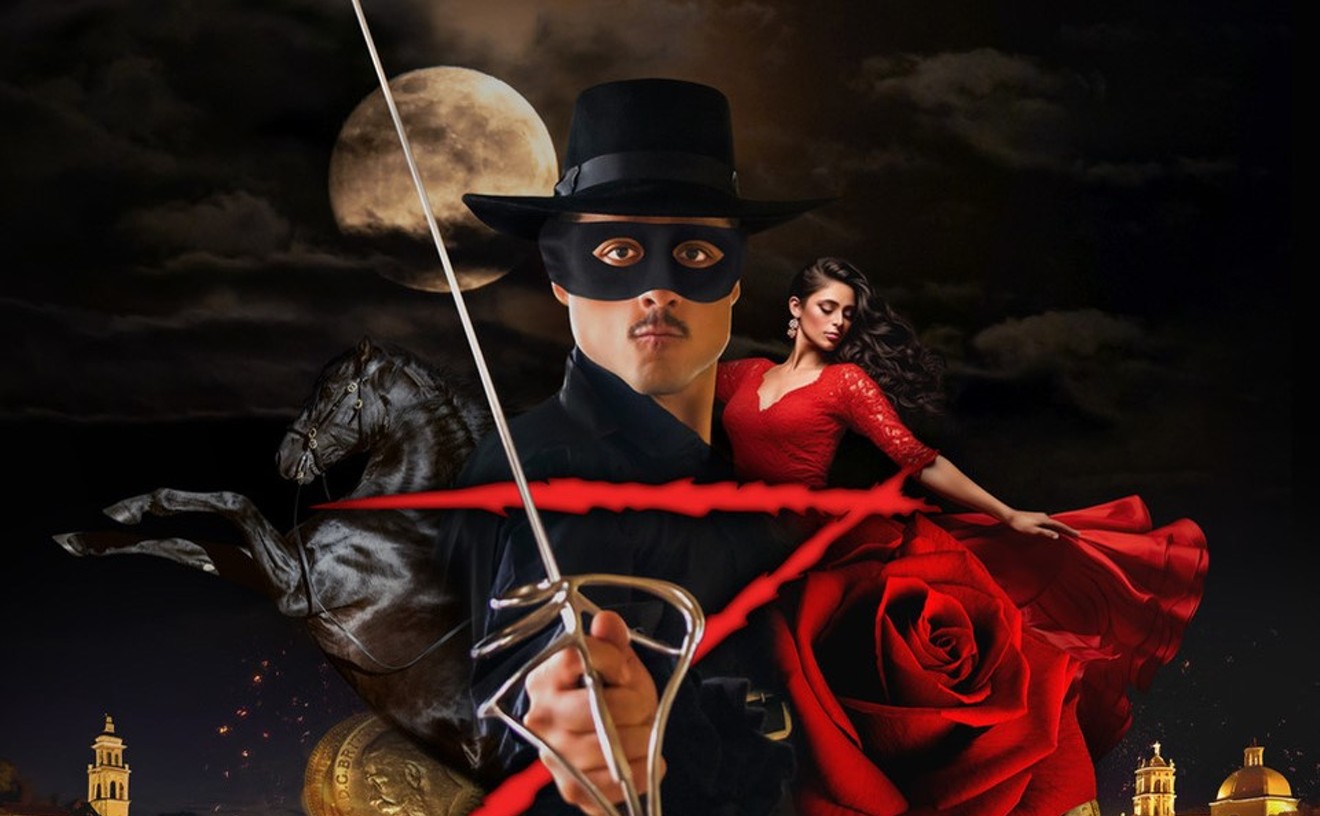Vogel, who cited Nabokov's Lolita as her inspiration, has written a memory play with a time line that's as scattered as real memories tend to be. In scenes set in the 1960s and 1970s, we watch as the connection between Li'l Bit and her uncle by marriage evolves into an incestuous relationship that the girl's family seems to be aware of but ignores.
The good guys and bad guys are clearly defined, yet Vogel is less obvious about placing blame. Uncle Peck seduces his niece, but he's also the only adult in her life who seems to truly care for her, the only one who listens when she talks and who offers her Vogel's titular driving lessons, which are as much about teaching responsibility as they are a tool of seduction. Is Uncle Peck more than a reckless schemer? Is Li'l Bit, a precociously sexual child whose family discusses fornicating at the dinner table, merely a misguided tart, as her aunt tells us?
Director Victoria Holloway is attentive to these ambiguities, and to the intricacies of Vogel's people, whose actions are both shocking and absurd. But Holloway is less successful in drawing performances from her leads, both of whom are recent ASU theater school graduates. As written, Uncle Peck is a forlorn victim, a muddle of a man trying to undo the abuse done to him as a boy. As played by Rob Soper, he's a middle-aged, Midwestern dullard whose tone shifts imperceptibly during this long one-act, and who's about as seductive as a racing form. Young Juliet López fares better as the teenage Li'l Bit, although I never felt the love that Li'l Bit feels for her uncle, only the guilt and shame over his advances, which is to say that López gives only half of a performance. She's best when portraying the awkward, teenaged Li'l Bit, but as the middle-aged woman who's recalling her childhood in rural Maryland, she's unpersuasive and actress-y.
The chorus (S. Lauren Henschen, David Ojala and Alette Noelani Valencia) fails to make much of any of the dozen-odd other characters they portray, although Ojala displays some gymnastic ability, and Henschen and Valencia are amusing as plaid-clad bobbysoxers. Unfortunately, some of the better scenes belong to -- and are trumped by -- this unsupportive supporting cast, notably "Mother's Guide to Social Drinking," a comic monologue about how to stay sober if you're a girl among imbibing men, and Aunt Mary's touching speech about her husband and his attempts at fealty.
Lisa Allen's set is stark and efficient, and Hugh Slack's costumes for Vogel's hayseed characters are suitably mundane. But set and costume design aren't enough to prop up what is ultimately an also-ran student production of a beautifully written play.
E-mail [email protected]










